Law Gives Terminally Ill Right to Try Investigational Drugs
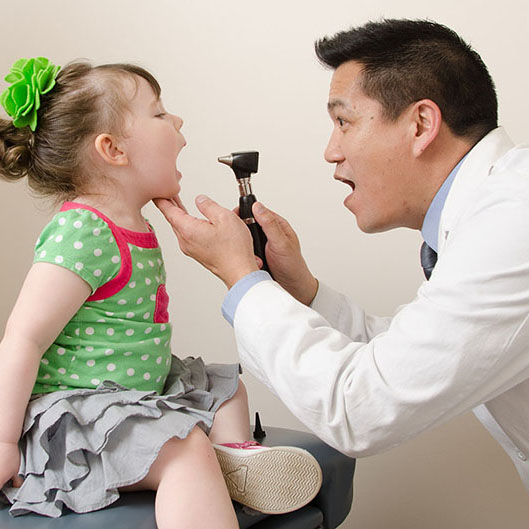
South Carolina has a new law, signed by Gov. Nikki Haley last Friday, that allows terminally ill patients to try investigational drugs.

South Carolina has a new law, signed by Gov. Nikki Haley last Friday, that allows terminally ill patients to try investigational drugs.

A law giving terminally ill patients access to medicines has passed the state House with overwhelming bipartisan support.
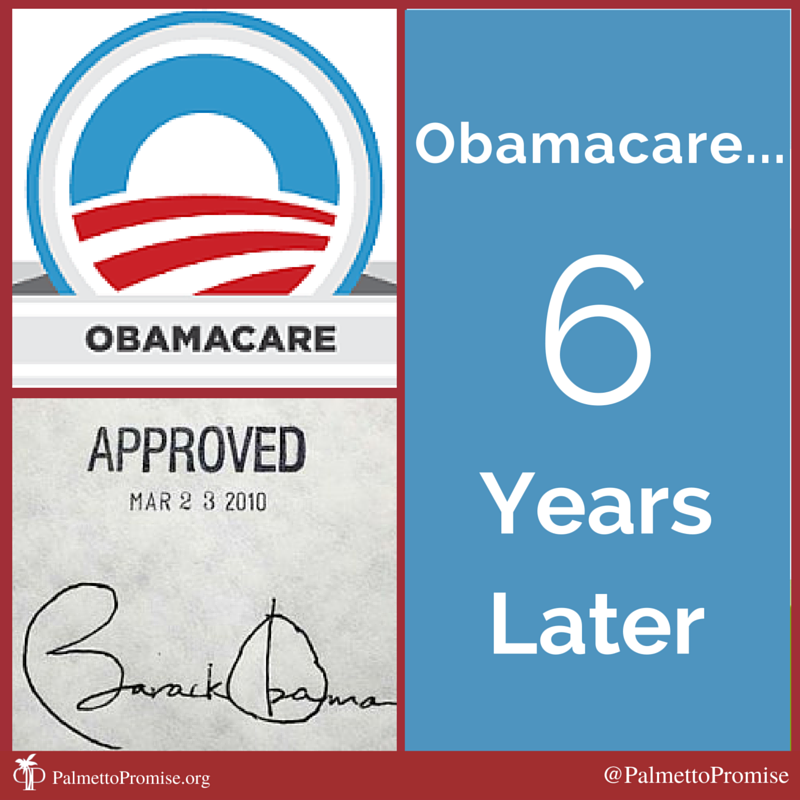
There are many different steps we can take to help South Carolinians gain access to affordable care…and we’re working on them!
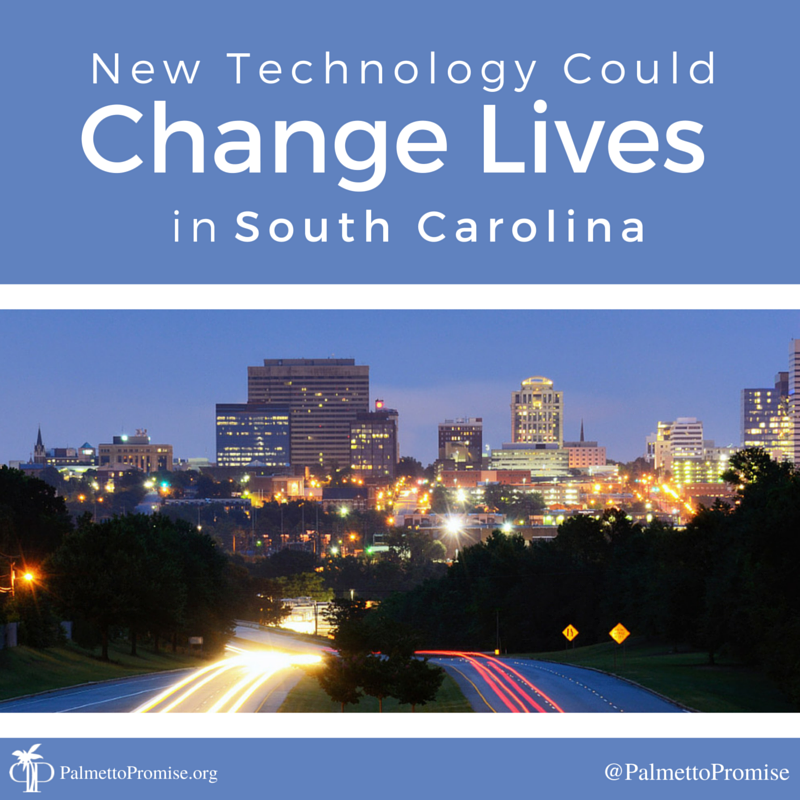
It's an uphill climb in some states for Opternative, a company which is slowly changing the conversation in the healthcare industry.

We all know the drill: whenever the government uses its clout to set prices, it invariably inflicts harm.
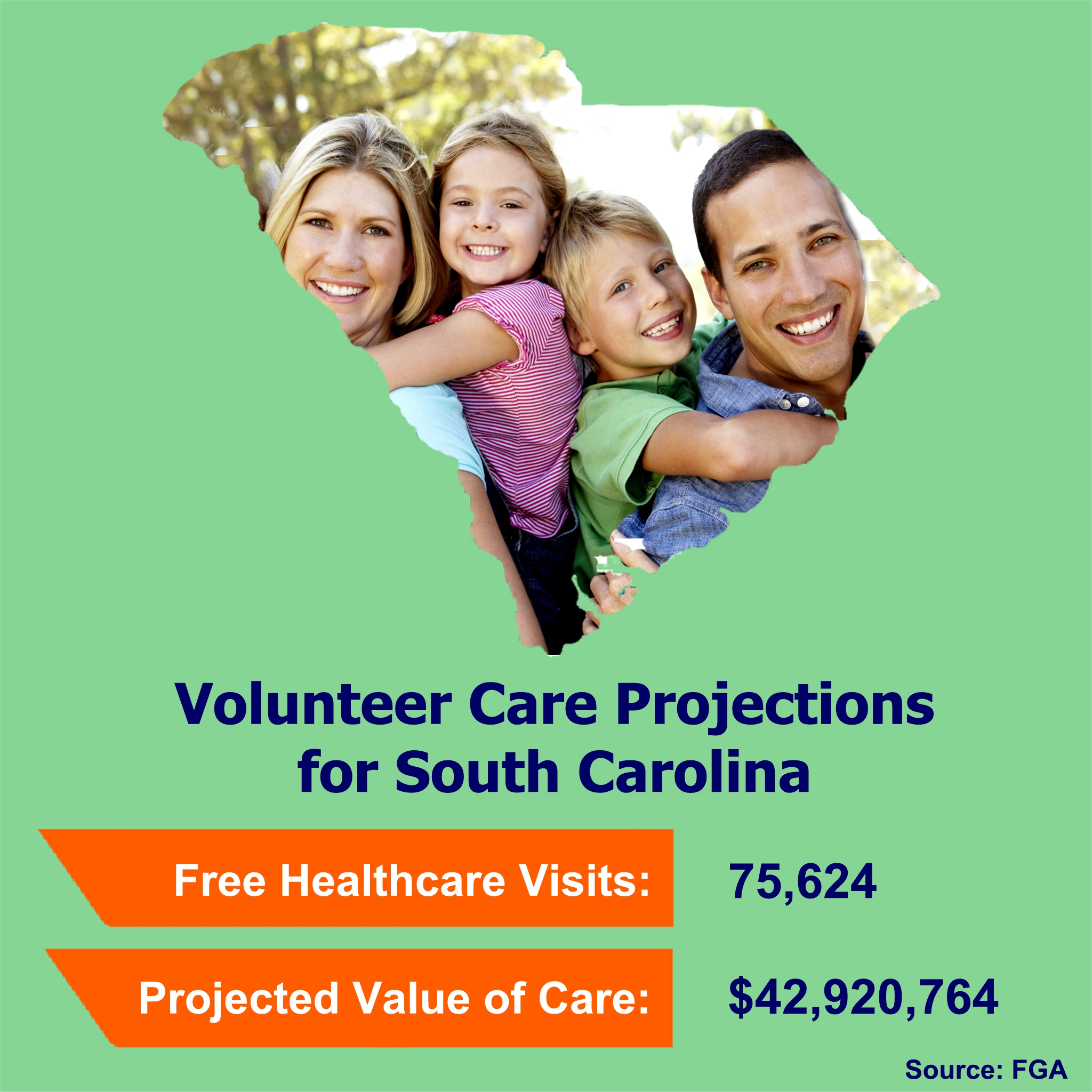
A new option for individuals who cannot afford health insurance could be coming to the Palmetto State.
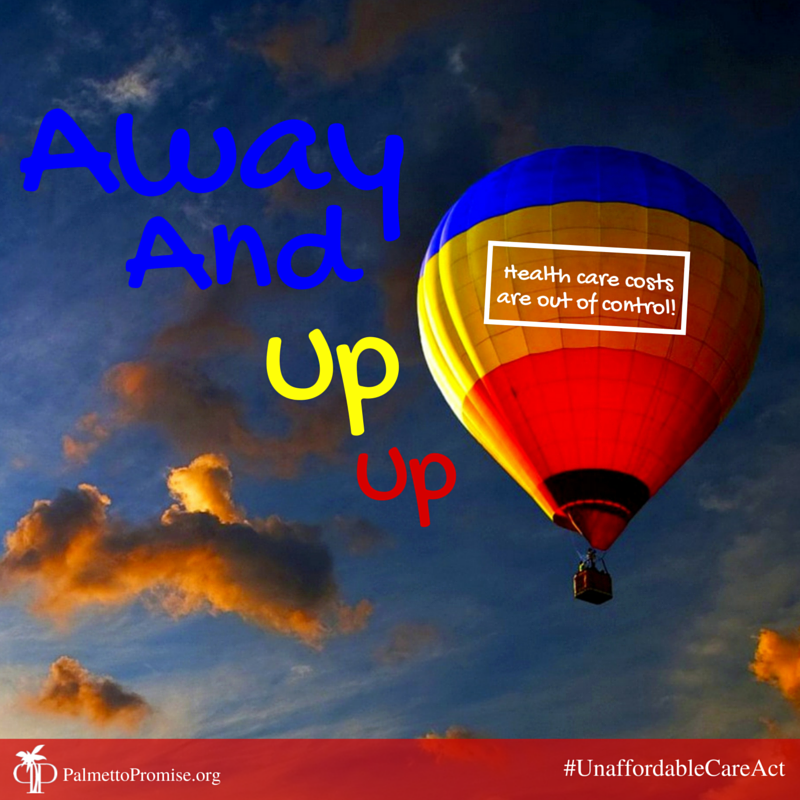
With the presidential primary season in full bloom, several hot-button topics have received truck-loads of attention. And one of those topics is Obamacare.
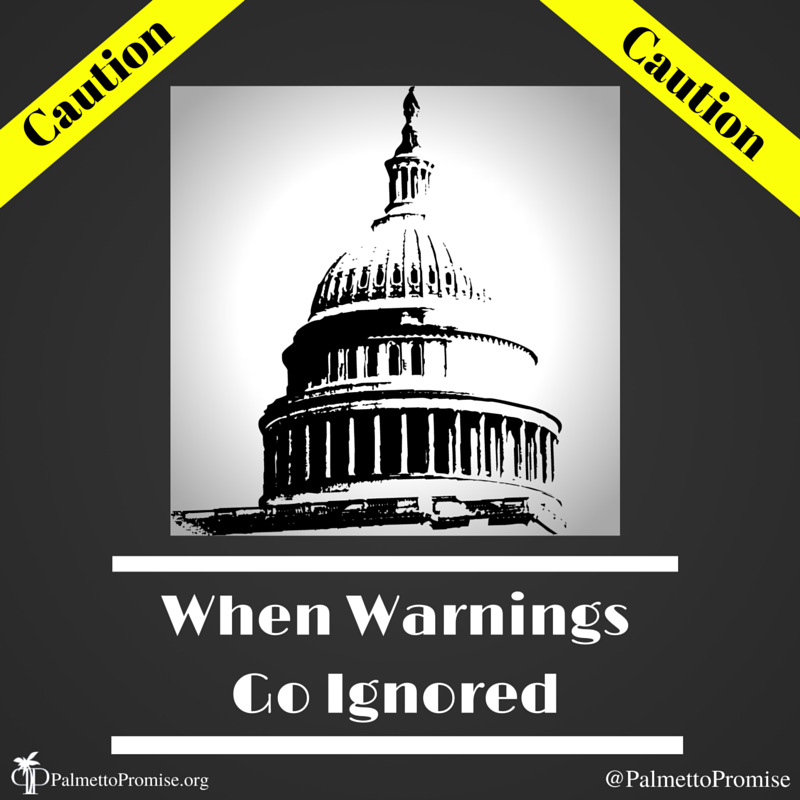
With news such as this, South Carolinians are left to wonder which is worse? That so many South Carolinians have lost coverage, or that we were warned it would happen.
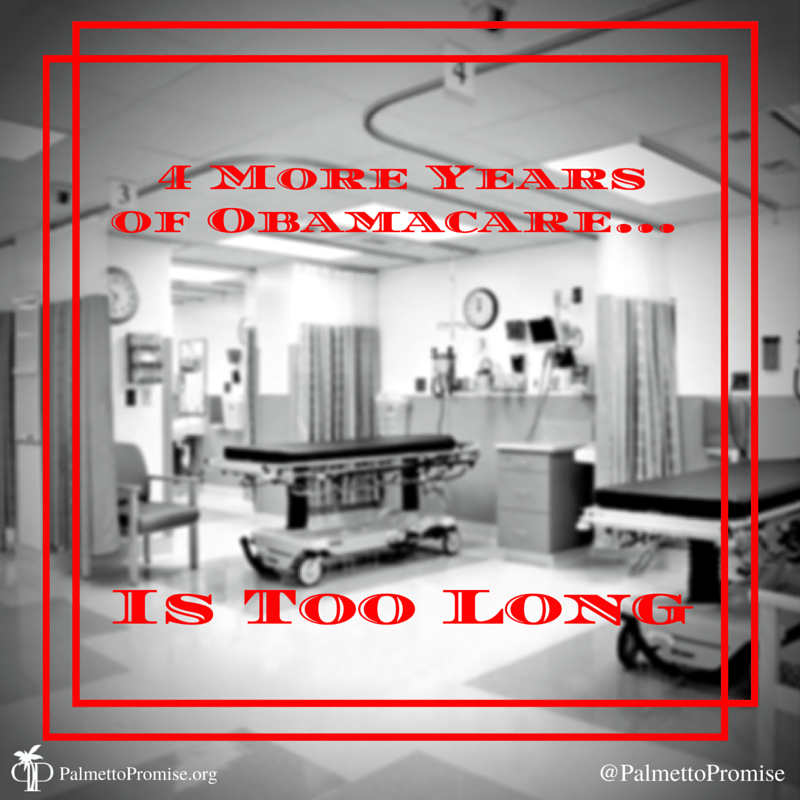
The Affordable Care Act has sent premiums soaring and added a huge burden to already fragile Medicare and Medicaid programs.
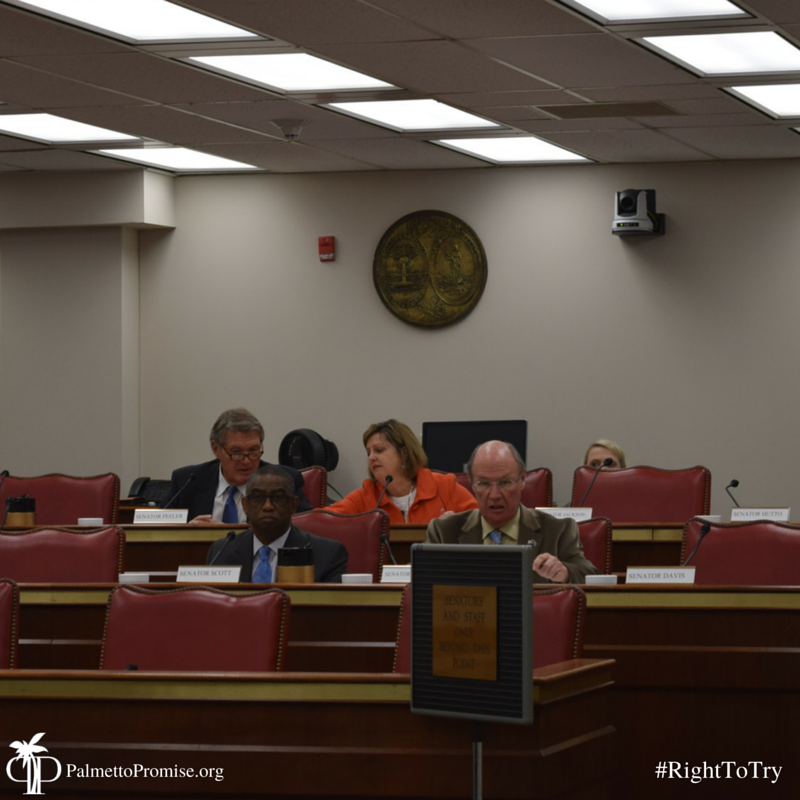
Thursday morning, the Senate Medical Affairs Committee voted unanimously to move “Right to Try” legislation forward.